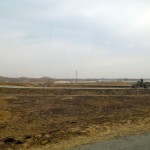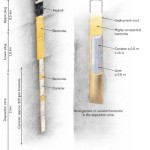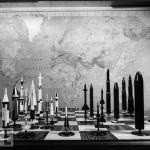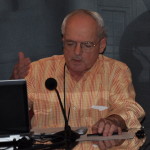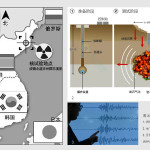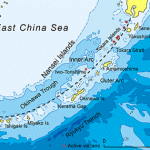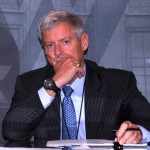
In this short report Walter Sharp assesses the elements of power that the ROK, U.S. and other countries (most importantly China) should implement in order to deter North Korea from military provocations and attacks.
General Walter Sharp (Ret.) commanded the United Nations Command, Republic of Korea – United States Combined Forces Command, and United States Forces Korea from 3 June 2008 to 14 July 2011. He is currently consulting for Monitor National Security Practice, SK Engineering and Construction, and involved in strategy and policy discussions at several D.C. area Think Tanks.
This report was originally presented at the New Approach to Security in Northeast Asia: Breaking the Gridlock workshop held on October 9th and 10th, 2012 in Washington, DC.
